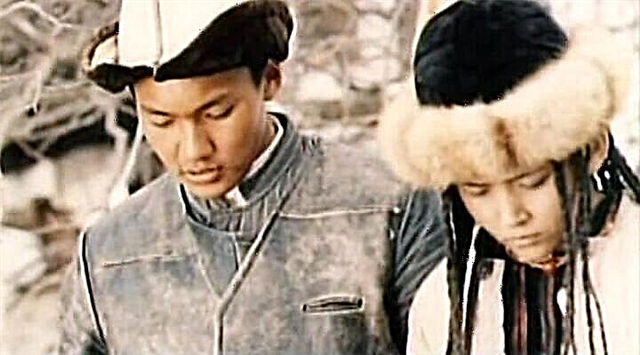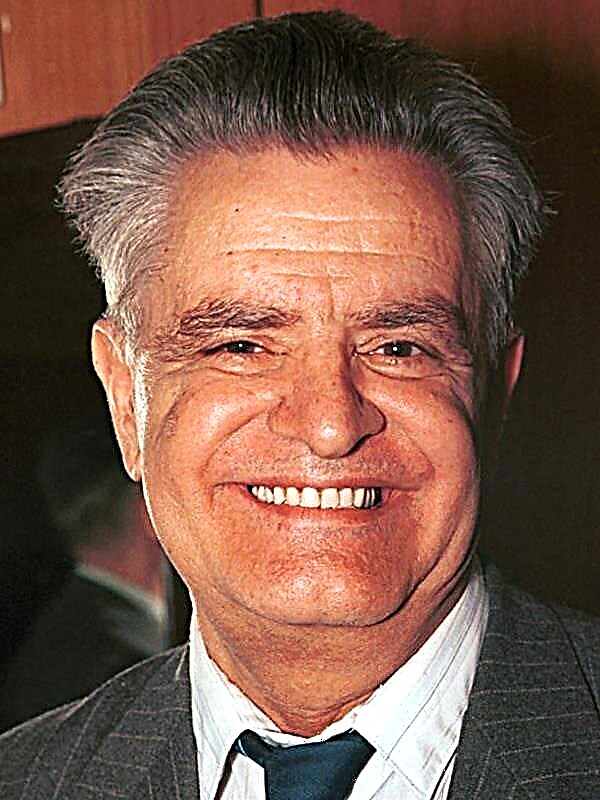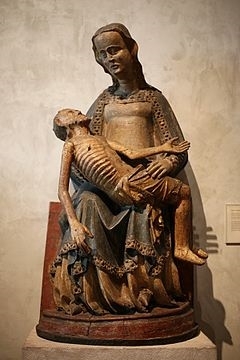The myths of most peoples are myths primarily about the gods. The myths of Ancient Greece are an exception: in the greater and better part they are told not about gods, but about heroes. Heroes are the sons, grandsons and great-grandsons of gods from mortal women; they accomplished feats, cleared the earth of monsters, punished the villains, and amassed their strength in internecine wars. When the Earth felt heavy from them, the gods made them kill each other in the greatest war - the Trojan: "... and at the walls of Ilion / the tribe of heroes perished - Zeus’s will was accomplished."
"Ilion", "Troy" - two names of the same powerful city in Asia Minor, off the coast of the Dardanelles. According to the first of these names, the great Greek poem about the Trojan War is called the Iliad. Before her, the people had only short oral songs about the exploits of heroes like epics or ballads. Homer composed a great poem from them, and he composed it very skillfully: he chose only one episode from a long war and unfolded it so that the whole heroic age was reflected in it. This episode is “the wrath of Achilles,” the greatest of the last generation of Greek heroes.
The Trojan War lasted ten years. Dozens of Greek kings and leaders gathered on a trip to Troy on hundreds of ships with thousands of soldiers: a list of their names in the poem takes several pages. The main leader was the strongest of the kings - the ruler of the city of Argos Agamemnon; with him were his brother Menelaus (for whose sake the war began), the mighty Ajax, the ardent Diomedes, the cunning Odysseus, the old wise Nestor and others; but the youngest Achilles, the son of the sea goddess Thetis, who was accompanied by his friend Patroclus, was the most courageous, strong and agile. The gray-haired king Priam ruled the Trojans, the head of their troops was the valiant son of Priam Hector, with his brother Paris (because of which the war started) and many allies from all over Asia. The gods themselves participated in the war: the silver-armed Apollo helped the Trojans, and the heavenly Queen Hera and the wise warrior Athena helped the Greeks. The supreme god, the thunderer Zeus, watched the battles from high Olympus and accomplished his will.
The war began like that. The wedding of the hero Peleus and the sea goddess Thetis was handled - the last marriage between gods and mortals. (This is the marriage from which Achilles was born.) At the feast, the goddess of discord threw a golden apple, intended "the most beautiful." Three argued over an apple: Hera, Athena and the goddess of love Aphrodite. Zeus ordered their dispute to be judged by the Trojan prince Paris. Each of the goddesses promised him his gifts: Hera promised to make him king over the whole world, Athena - a hero and a sage, Aphrodite - a husband of the most beautiful of women. Paris gave the apple to Aphrodite. After this, Hera and Athena became the eternal enemies of Troy. Aphrodite helped Paris seduce and take to Troy the most beautiful of women - Helen, daughter of Zeus, wife of Tsar Menelaus. Once upon a time, the best heroes from all over Greece got married to her and, in order not to quarrel, they conspired like this: let her choose who she wants, and if anyone tries to repulse her from her chosen one, everyone else will go to war with him. (Everyone hoped that he would be the chosen one.) Then Elena chose Menelaus; now she was recaptured from Menelaus by Paris, and all her former suitors went to war with him. Only one, the youngest, did not marry Elena, did not participate in a general agreement and went to war only to show off valor, show strength and gain glory. It was Achilles. So that, as before, none of the gods intervenes in the battle. The Trojans continue their onslaught, led by Hector and Sarpedon, the son of Zeus, the last of the sons of Zeus on earth. Achilles from his tent coldly watches the Greeks run, the Trojans approach their very camp: just about they will set fire to the Greek ships. Hera from above also sees the flight of the Greeks and in desperation decides to cheat in order to divert the stern attention of Zeus. She appears before him in the magical belt of Aphrodite, arousing love, Zeus flashes with passion and unites with her at the top of Ida; a golden cloud envelops them, and the earth around is blooming with saffron and hyacinths. A dream comes for love, and while Zeus sleeps, the Greeks gather spirit and suspend the Trojans. But the dream is not long; Zeus wakes up, Hera trembles before his anger, and he says to her: "Know how to endure: everything will be your way and the Greeks will defeat the Trojans, but not before Achilles pacifies the anger and goes into battle: this is how I promised the goddess Thetis."
But Achilles is not yet ready to “lay down his anger,” and his friend Patroclus comes to the aid of the Greeks instead: it pains him to look at his comrades in need. Achilles gives him his warriors, his armor, which the Trojans are used to fearing, his chariot harnessed by the horses of things who can speak and prophesy. “Repel the Trojans from the camp, save the ships,” says Achilles, “but do not get carried away by persecution, do not endanger yourself! Oh, if all the Greeks and the Trojans died, we would be the only two of us to possess Troy! ” And indeed, seeing the armor of Achilles, the Trojans faltered and turned back; and then Patroclus could not resist and rushed to pursue them. Sarpedon, the son of Zeus, comes out to meet him, and Zeus, looking from a height, hesitates: "Is it possible to save the son?" - and the evil Hera reminds:
“No, let fate come true!” Sarpedon collapses like a mountain pine, a battle begins to boil around his body, and Patroclus breaks on, to the gates of Troy. "Away! "Apollo shouts to him," Troy is not destined to take either you, or even Achilles. " He does not hear; and then Apollo, wrapped in a cloud, hits him on the shoulders, Patroclus loses his strength, drops his shield, helmet and spear, Hector gives him the last blow, and Patroclus, dying, says: “But you yourself will fall from Achilles!”
The news reaches Achilles: Patroclus died, Hector flaunts in his Achilles' armor, friends with difficulty removed the hero’s dead body from the battle, triumphant Trojans pursuing them on their heels. Achilles wants to rush into battle, but he is unarmed; he leaves the tent and screams, and this scream is so terrible that the Trojans, shuddering, retreat. Night falls, and all night Achilles mourns a friend and threatens the Trojans with terrible revenge; and meanwhile, at the request of his mother, Thetis, the lame blacksmith Hephaestus in his brass forge forges a new wonderful weapon for Achilles. This is a carapace, helmet, greaves and shield, and the shield depicts the whole world: the sun and stars, land and sea, a peaceful city and a warring city, in a peaceful city a court and a wedding, an ambush and a battle in front of a warring city, and around it is a village, arable land , harvest, pasture, vineyard, village holiday and dancing round dance, and in the middle of it is a singer with lyre.
The morning comes, Achilles wears divine armor and convenes a Greek army to gather. His anger did not die away, but now it is not addressed to Agamemnon, but to those who killed his friend - to the Trojans and Hector. He offers reconciliation to Agamemnon, and he accepts it with dignity: "Zeus and Fate have blinded me, and I myself am innocent." Briceida is returned to Achilles, rich gifts are brought into his tent, but Achilles almost does not look at them: he is eager for battle, he wants to take revenge.
The fourth battle is coming. Zeus removes the prohibitions: let the gods fight, for whom they want! The warrior Athena converges in a battle with a frantic Ares, the sovereign Hera - with an archer Artemis, the sea Poseidon must converge with Apollo, but he stops him with sad words: “Do we fight with you over the mortal human race? / The leaves are short-lived in the oak forest like the sons of man: / Now they bloom in power, and tomorrow they are lifeless. / I don’t want a feud with you: let them be at odds with themselves! .. ”
Achilles is scary. He grabbed Aeneas, but the gods pulled Aeneas out of his hands: Aeneas does not fall from Achilles, he must survive both Achilles and Troy. Enraged by failure, Achilles destroys the Trojans without counting, their corpses clutter up the river, the river god Scamander attacks him, sweeping the ramparts, but the fiery god Hephaestus pacifies the river.
Surviving Trojans in droves fleeing to the city to escape; Hector alone, in yesterday's Achilles armor, covers the retreat. Achilles flies at him, and Hector takes flight, free and involuntary: he is afraid for himself, but wants to distract Achilles from others. Three times they run around the city, and the gods look at them from the heights. Again Zeus hesitates: "Can not save the hero?" - but Athena reminds him:
"May fate be fulfilled." Zeus again raises the scales on which two lots lie - this time Hector and Achilles. The bowl of Achilles soared upward, the bowl of Hector leaned toward the underworld. And Zeus gives a sign: Apollo - leave Hector, Athena - come to the aid of Achilles. Athena holds Hector, and he converges with Achilles face to face. “I promise, Achilles,” says Hector, “if I kill you, I will take off your armor, and I will not touch the body; promise me the same and you. " “There is no room for promises: for Patroclus I myself will tear you apart and get drunk on your blood!” Achilles yells. Hector's spear strikes the shield of Hephaestus, but in vain; Achilles spear strikes Hector's throat, and the hero falls with the words: “Fear the revenge of the gods: and you will fall after me.” “I know, but first - you!” - answers Achilles. He ties the body of the murdered enemy to his chariot and drives horses around Troy, mocking the dead, and on the city wall, old Priam cries for Hector, the widow of Andromache cries, and all the Trojans and Trojans.
Patroclus avenged. Achilles arranges a magnificent burial for a friend, kills twelve captive Trojans over his body, celebrates a wake. It would seem that his anger should subside, but he does not subside. Three times a day, Achilles drives his chariot with Hector's tied body around the Patroklov barrow; the corpse would have long crashed against stones, but Apollo invisibly guarded it. Finally Zeus intervenes - through the sea Thetis, he announces to Achilles: “Do not rage with your heart! After all, you have not long to live. Be human: accept the ransom and give Hector for burial. " And Achilles says: "I obey."
At night, the decrepit king Priam comes to the tent of Achilles; with him is a wagon full of redemption gifts. The gods themselves let him go through the Greek camp unnoticed. He falls to the knees of Achilles: “Remember, Achilles, about your father, about Peleus! He is just as old; maybe his enemies are pushing him as well; but it’s easier for him because he knows that you are alive and hopes that you will return. I am alone: of all my sons, only Hector was my hope - and now he is gone. For the sake of my father, have pity on me, Achilles: here I kiss your hand, from which my children fell. ” “So to speak, he aroused sadness about his father and tears in him - / Both cried loudly, remembering in their hearts: / The elder, prostrated at the feet of Achilles, - about Hector the brave, / Achilles himself - then about a sweet father, then about friend Patroclus. "
Equal grief brings enemies together: only now does the long anger in the Achilles heart subside. He accepts gifts, gives Priam the body of Hector and promises not to disturb the Trojans until they betray their hero to the earth. Early in the dawn, Priam returned with his son’s body to Troy, and began to mourn: the old mother was crying over Hector, the widow of Andromache was crying, Elena was crying, because of which the war had once begun. A funeral pyre is lit, the remains are collected in an urn, the urn is lowered into the grave, a mound is poured over the grave, a memorial feast is celebrated for the hero. “So the sons buried the warrior Hector of Troy” - the Iliad ends with this line.
Until the end of the Trojan War, there were still many events. The Trojans, having lost Hector, no longer dared to go beyond the city walls. But other, ever more distant peoples came to their aid and fought with Hector: from Asia Minor, from the fabulous land of the Amazons, from distant Ethiopia. The most terrible was the leader of the Ethiopians, the black giant Memnon, also the son of a goddess; he fought with Achilles, and Achilles overthrew him. It was then that Achilles rushed to the attack of Troy - then it was he who died from the arrow of Paris, which was directed by Apollo. The Greeks, having lost Achilles, no longer hoped to take Troy by force - they took it by cunning, forcing the Trojans to bring to the city a wooden horse in which Greek knights were sitting. The Roman poet Virgil will later talk about this in his Aeneid. Troy was wiped off the face of the earth, and the surviving Greek heroes set off on the return journey.

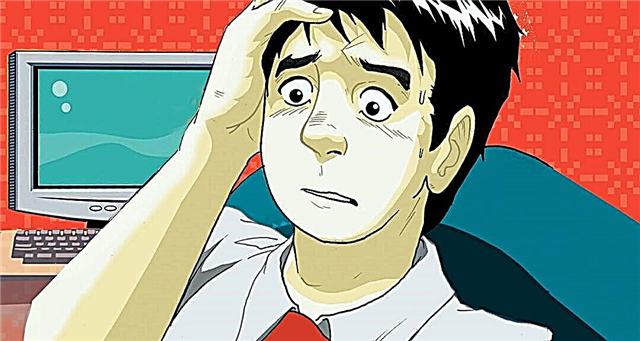

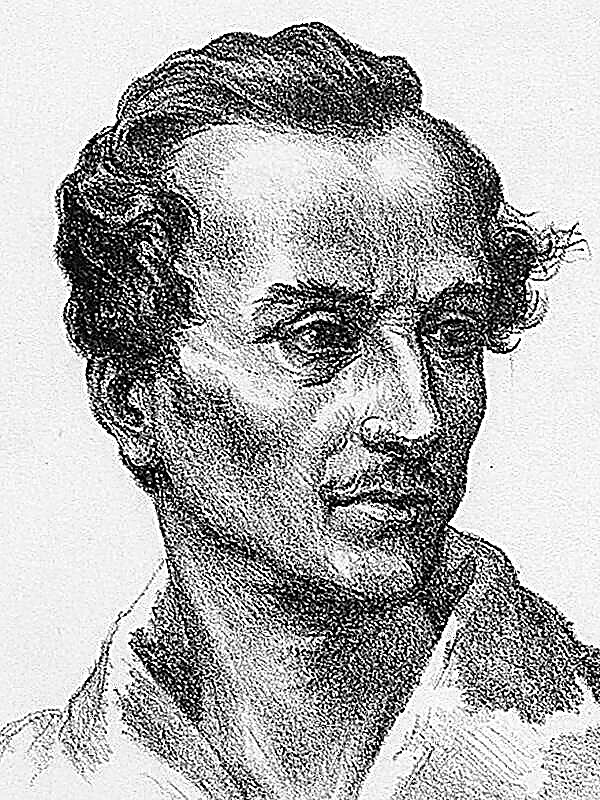
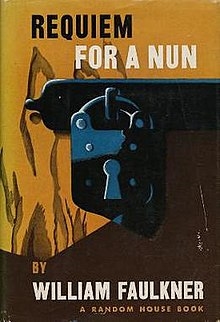
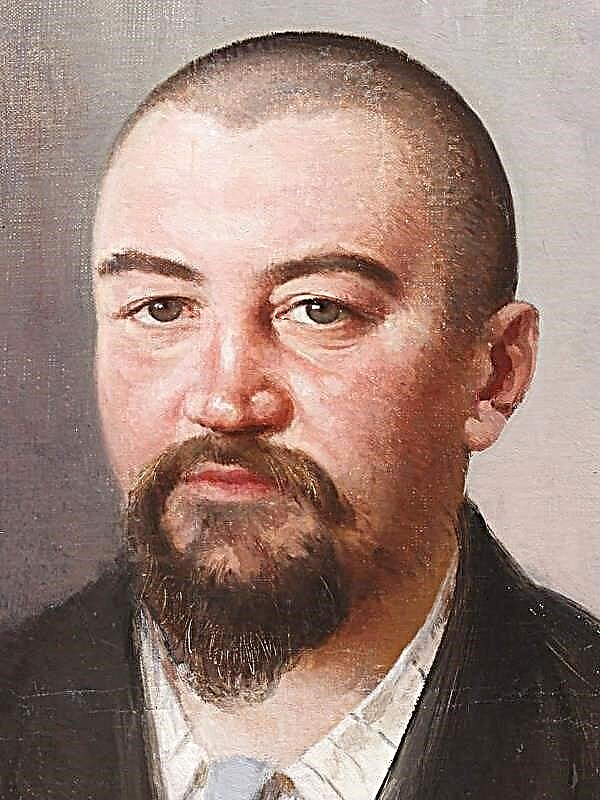
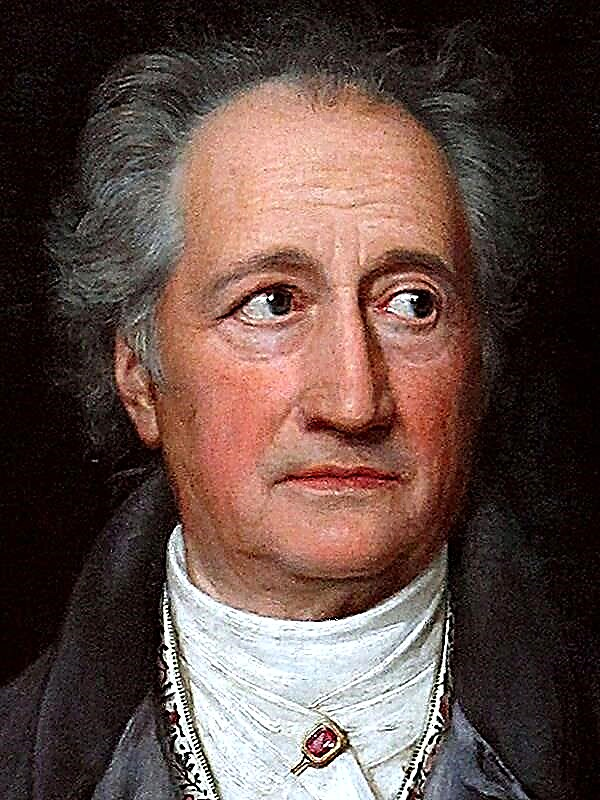 The years of wandering Wilhelm Meister
The years of wandering Wilhelm Meister
